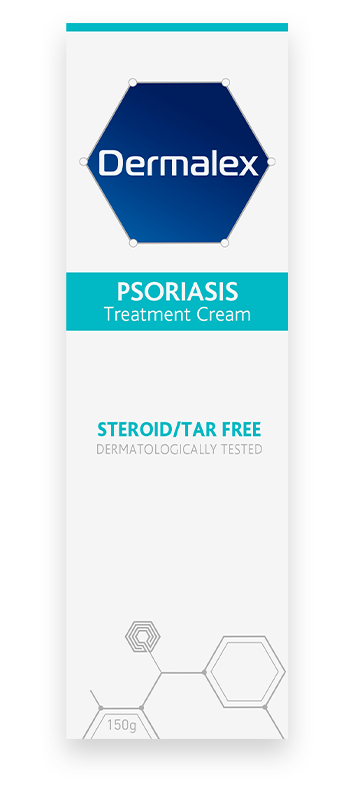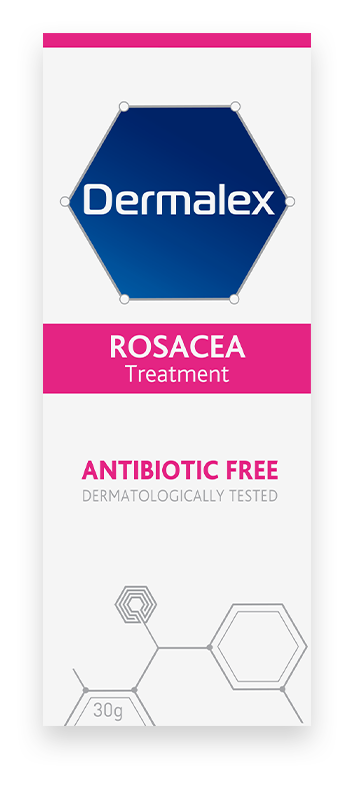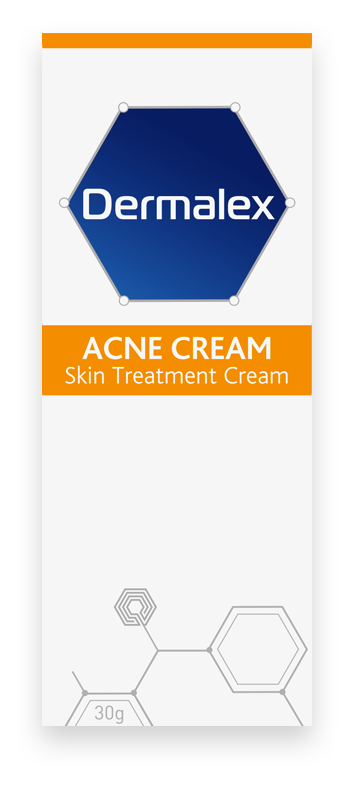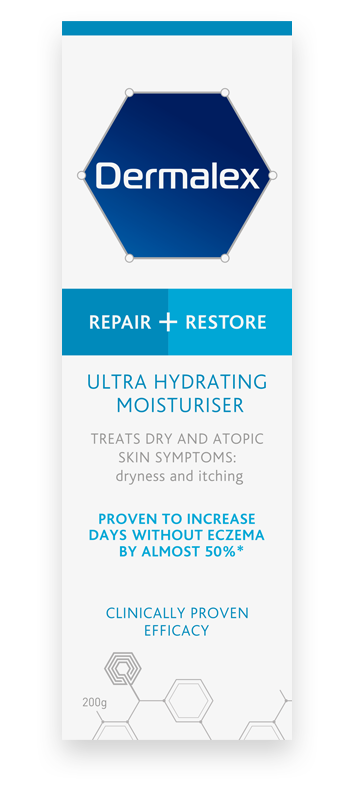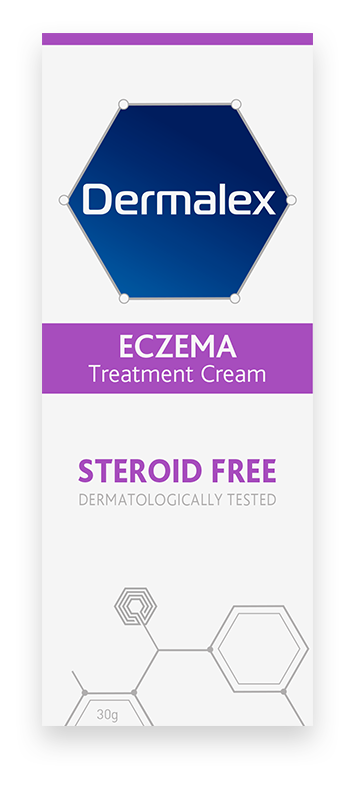Skincare Routine for Sensitive Skin: A Handy Step-By-Step
Establishing a skincare routine is absolutely key, especially if you have sensitive skin. Looking after it properly can help protect it, reduce the risk of flare-ups and even calm redness. But, it’s about finding the right products, caring for it properly and being consistent. Unsure where to start? Here’s a skincare routine for sensitive skin.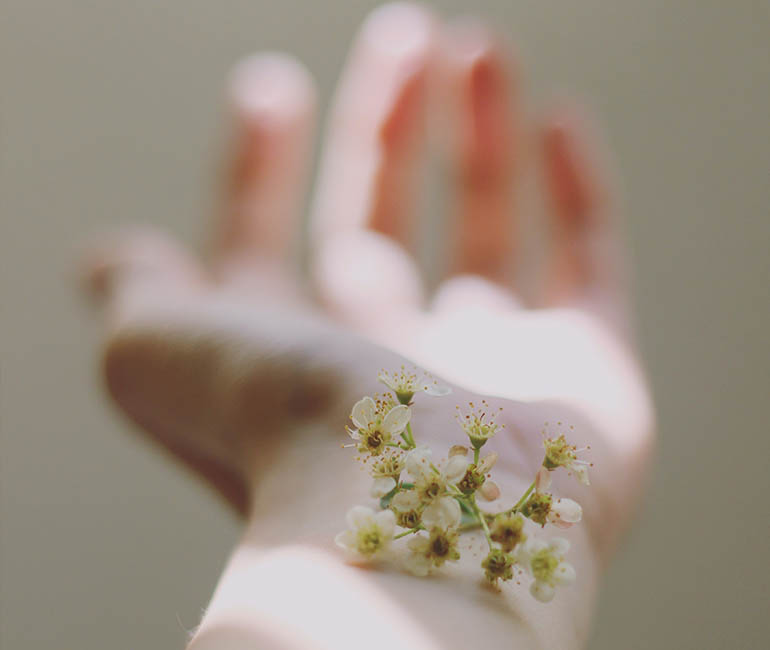
Step-by-step sensitive skincare routine
- Remove your makeup (always!)
- Use cleanser
- Tone
- Moisturise daily
- Use suncream
- Target ‘problem’ areas
#1 – Remove your makeup
Always, always remove makeup at the end of the day – don’t sleep in it. Failing to take it off can:
- Cause breakouts, as dirt, bacteria and dead skin cells remain on the skin
- Prematurely age your face
- Make acne worse
- Cause a rash to develop[1]
Even if you’re extremely tired, don’t forget to remove your makeup before you go to bed. It’s best to choose a makeup remover that’s gentle and specifically designed for sensitive skin; you don’t want to cause unnecessary friction by having to rub too hard.
#2 – Use cleanser
Choose a hydrating cleanser that removes dirt and oil without disrupting the outer skin layer.[2] Ensure you do this daily to keep skin and pores clear.
Changing temperatures can aggravate sensitive skin, so rinse with warm water (rather than hot) post-cleanse. After cleansing, pat the skin dry gently to keep it feeling calm and happy.[3]
#3 – Tone
Toners are designed to minimise the appearance of pores, temporarily tighten skin, and naturally remove oil and dirt that may have been missed.[4] They can also restore skin PH.
Choose an alcohol-free toner, as alcohol can further dry out your skin.
#4 – Moisturise daily
Use a face moisturiser every day, morning and night. The best moisturiser for dry, sensitive skin will help it retain moisture, while helping to protect against environmental factors. These include pollution, the weather, and harsh chemicals, which can all make sensitivity levels soar.
#5 – Use suncream
Wearing suncream is one of the best, and simplest, ways to protect your skin’s appearance and prevent premature aging. It can also help prevent issues like hyperpigmentation. Go for an SPF of at least factor 30, considered high.
Apply it every day, about 15 minutes before going outside, usually after your moisturiser. Makeup that contains SPF is not as effective on its own as full suncream.[5]
Everyone needs some sun exposure to produce vitamin D (which helps calcium absorption for stronger and healthier bones). However, unprotected exposure to the sun’s ultraviolet (UV) rays can cause damage to the skin, eyes, and immune system, and even lead to some types of cancers.
#6 – Target ‘problem’ areas
Target specific skin concerns, such as redness, with the right products. You should focus on hydration, particularly if you have dry skin.
Sensitive skin do’s and don’ts
What should, and shouldn’t, you do when it comes to your sensitive skin? Here are some ‘rules’ to follow when it comes to skincare.
Avoid exfoliating
Exfoliating can further dry out your skin. Also, exfoliants sometimes contain harsh products that aggravate your skin more.
Cleanse everyday
While you should cleanse your skin every day, it’s important not to overdo it. Once is likely to be enough if you have sensitive skin, any more could strip your skin of its natural oils.
Avoid perfumed products
Avoid heavily perfumed products, or those with fragrances. These can irritate already sensitive skin and potentially cause a reaction. It’s best to stick to gentle products.
Avoid heavy products
Oil-based lotions, suncreams and moisturisers are not the best for sensitive skin, as they can clog pores.
What products should you use for sensitive skin?
Don’t overdo it with ingredients like benzoyl peroxide and salicylic acid, these can dry out your skin. You should also avoid alcohol, fragrances and dyes.
Instead, you should look for products that contain:
- Hyaluronic acid
- Rosehip
- Wheat germ
- Glycerin
- Ceramides
- Niacinamide
- Squalane[6]
Natural remedies, like coconut oil, can also be a good idea. As a rule of thumb: it’s best to go for gentle, fragrance-free products, like gels or creams.
Are hypoallergenic products good for sensitive skin?
This term may not mean what you expect it to mean, as there are no federal standards applied to this term. This means ‘hypoallergenic’ can mean anything a particular company wants it to mean. It doesn’t mean the products are necessarily best for your skin.
This is why it’s important you read the ingredients list closely. Don’t just go by what the label says, always check. It can be a good idea to test new products to see what’s right for you, but give them time to do their job, and don’t use too many at once.
What causes sensitive skin?
Sensitive skin can be due to a variety of factors.
- If you have a skin condition, such as eczema
- Genetic factors (age, race, gender)
- Certain products or elements
- Cleaning products
- Alcohol
- Swimming pools
- Temperature changes
- Cold weather
- Psychological factors (e.g. stress and anger)[7]
Top tips
There are things you could be doing everyday that can make your sensitive skin worse without you realising. Some tips include:
- Patting the skin dry, rather than scrubbing it
- Avoiding extremely hot baths and showers
- Choosing cosmetics carefully (e.g. mineral powder)[8]
- Testing products on a patch of skin
- Quitting smoking
- Drinking more water[9]
Try to remind yourself of these while going about your daily life, to help look after your skin from the inside and out.
Looking after your skin
Establishing a good skincare routine is important if you have sensitive skin. It can be tough, especially if you don’t know the cause, but looking after it properly is key. You should try and build healthy habits in your everyday life; you’ll soon reap the benefits.
References
- 6 Awful Things That Happen When You Sleep in Your Makeup – Good Housekeeping
- The Ultimate Skin Care Routine for Dry Skin – Healthline
- The best skincare routine for sensitive skin – Simple
- Facial Toner: 7 Benefits and Why You Should Use it – Fleur & Bee
- Sunscreen and Your Morning Routine – John Hopkins Medicine
- #SkinSchool: Everything you need to know about sensitive skin – Harpers Bazaar
- Hypersensitivity in general – Symptoms, causes, triggers and solutions – Eucerin
- 8 Tips for Sensitive Skin – Women’s Health
- 16 Must Know Beauty Tips For Sensitive Skin – Stylecraze


